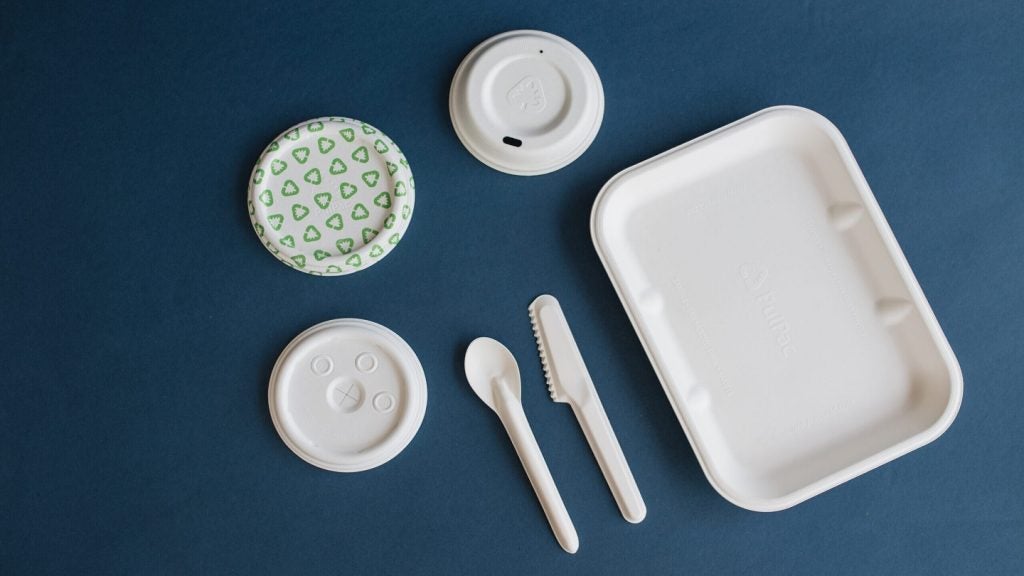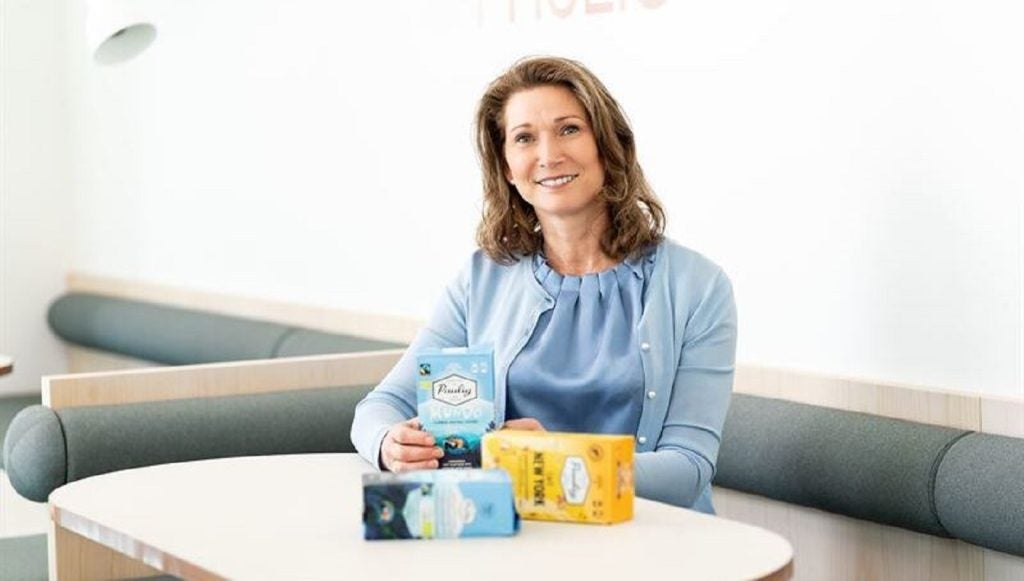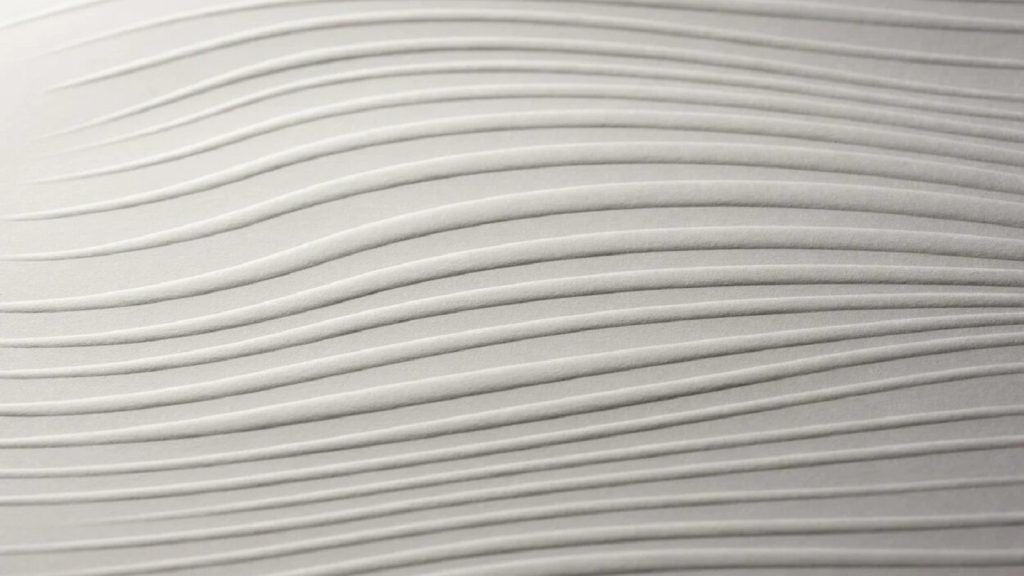Closures are essential to container packaging to maintain their safety and integrity. They help in preserving the freshness of the product and control dispensing.
An optimally designed container closure system can enhance a product’s appearance while ensuring long-term repurchasing by consumers. An effective closure should:
- Seal the container
- Protect the product within the container
- Be tamper-proof
- Easy to install in the packaging line, and
- Easy to use for consumers
Finding the top container closure manufacturers and systems for packaging
Packaging Gateway has listed some of the leading suppliers of container closure systems including continuous thread closures, child-resistant closures, tamper-evident closures, dispensing closures, bar top closures and T-top closures, based on its intel, insights and decades-long experience in the sector.
The list includes providers of packaging closures, single-start neck closures, three-start neck closures, snap neck closures, short neck closures, press-on closures, press-turn closures, and thick neck closures.
The information contained within the download document is designed for closure designers and developers, packaging engineers, packaging specialists, packaging analysts, and testing and development managers.
See Also:
The download contains detailed information on the suppliers and their product lines, alongside contact details to aid your purchasing decision.
Closure materials
Container closure systems for packaging can be made from materials such as metal, plastic, glass, cork and rubber. The choice of the material will be based on the container, the type of product present within the container, the continuity of availability of the chosen material, the cost of materials, and any legislation applicable to certain materials.
Trends in container closure systems
- Innovative design: The rise of e-commerce and social media is driving the demand for innovative and attractive closure designs that can grab the attention of consumers. The use of complex closure structures and a wide range of colours is growing.
- Sustainability: The increase in environmental sustainability has led to the demand for lightweight packaging closures that use less plastic without compromising on quality. Closure manufacturers are also focusing on recycling closures to deliver on their circular economy goals.
- Cost-effectiveness: Closure manufacturers are adopting innovative production processes that can reduce waste, manufacturing costs and the amount of material used. Such processes can also help in increasing efficiency and ensuring process stability and product consistency within the packaging industry.






